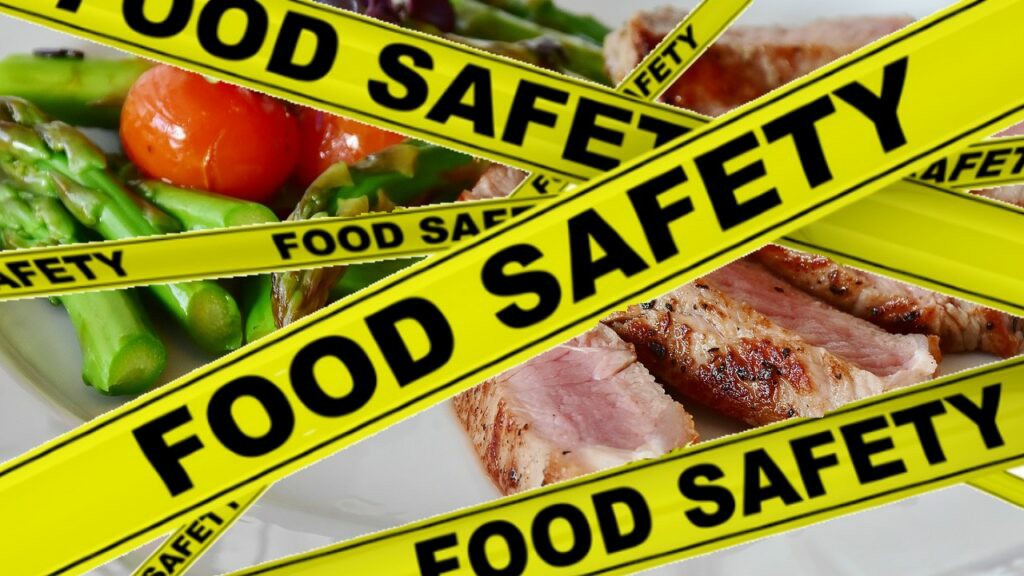


 349,500 Offered Certificates
349,500 Offered Certificates
 24/7 Online Training
24/7 Online Training
 Money Back Guarantee
Money Back Guarantee
 Fully Accredited Courses
Fully Accredited Courses

Created at: 26-02-2025 11:46
In the vibrant and diverse food landscape of Ireland, ensuring food safety is paramount. For restaurant owners, catering professionals, and food manufacturers in cities like Dublin, Cork, Galway, Limerick, Waterford, and Belfast, compliance with food safety regulations is not just a legal obligation—it is a commitment to public health and consumer trust. This is where HACCP training and certification play a crucial role.
The Hazard Analysis and Critical Control Points (HACCP) system is a proven approach to enhance food safety through a structured framework. By identifying potential hazards in food production processes and establish monitoring procedures, businesses can effectively eliminate risks associated with foodborne illnesses.
In Ireland, food safety is governed by stringent regulations designed to protect consumer health and ensure high standards. HACCP is not merely a recommendation; it is mandated by the European Union's food hygiene legislation. Businesses must integrate HACCP principles into their operations to meet these legal requirements.
Restaurant owners, caterers, and food manufacturers are legally required to:
HACCP training equips food handlers with the knowledge and skills necessary to prevent food contamination, ensuring that food safety standards are consistently met.
By achieving HACCP certification, businesses demonstrate their commitment to compliance with food safety laws, reducing the risk of legal penalties and protecting their reputation.
Certification serves as a testament to a business’s dedication to quality, fostering trust with consumers who prioritize food safety. This can lead to increased customer loyalty and sales.
The path to HACCP certification involves several steps:
For many businesses, online HACCP training provides a flexible, accessible option that fits into their busy schedules. With remote learning, it’s easier than ever for teams in Dublin, Cork, Galway, and other locations to stay compliant with food safety standards.
While implementing HACCP, it's essential to steer clear of common pitfalls:
HACCP training and certification are not optional for food businesses in Ireland; they are vital components of guaranteed food safety and legal compliance. By investing in HACCP training, you not only protect your customers but also enhance your business’s reputation and long-term success. Are you ready to take the next step toward achieving HACCP certification? Enroll in our HACCP training course today!
For inquiries and registrations, please contact us at [email protected].